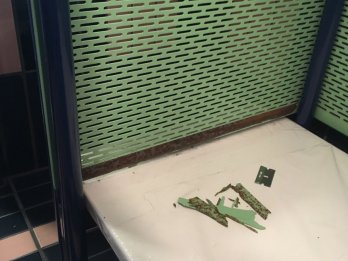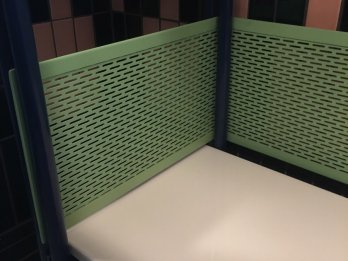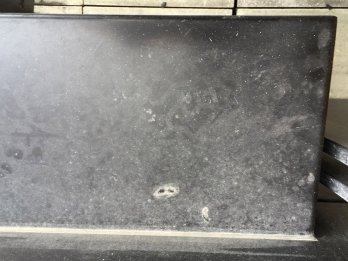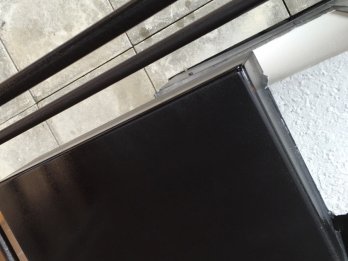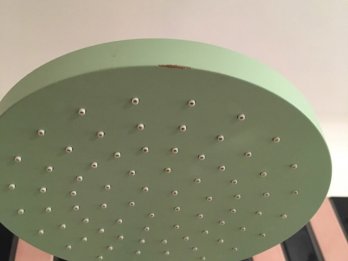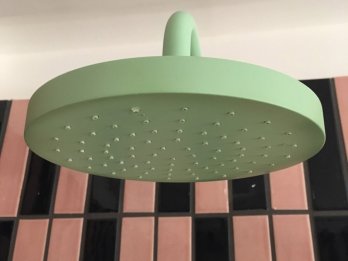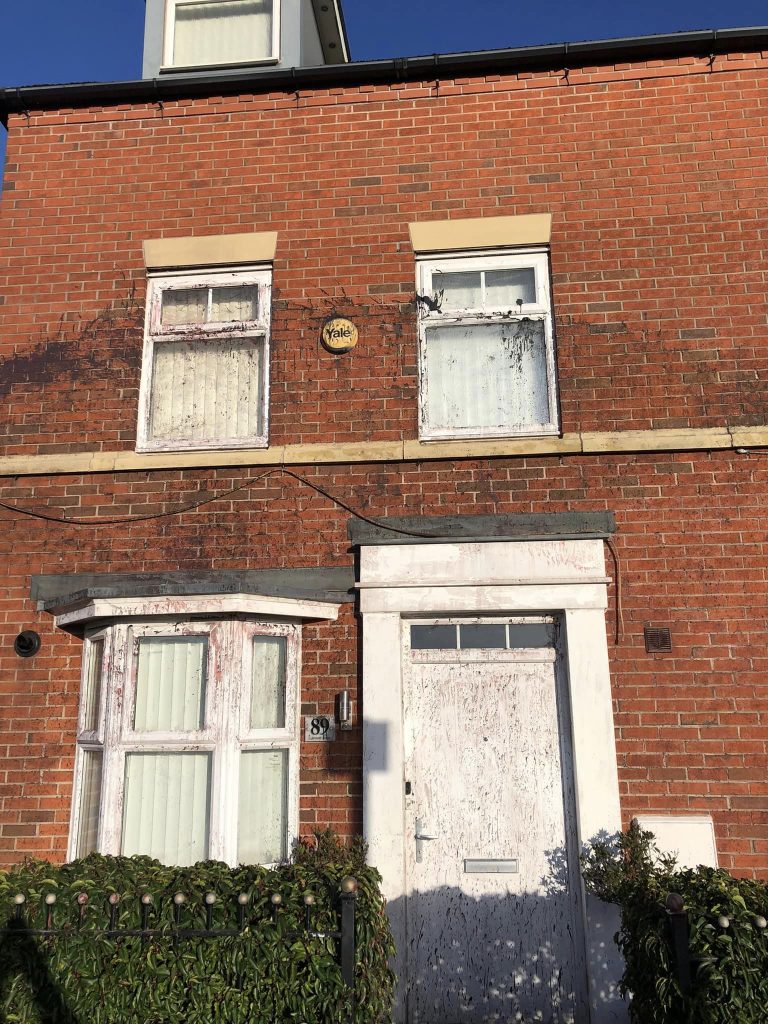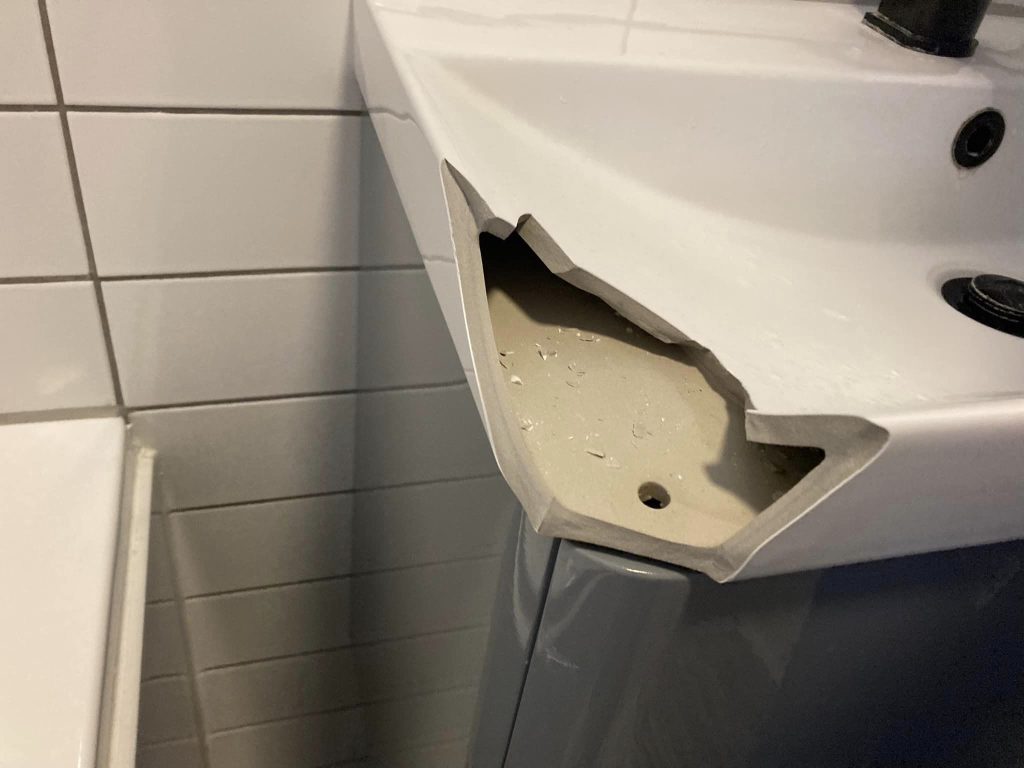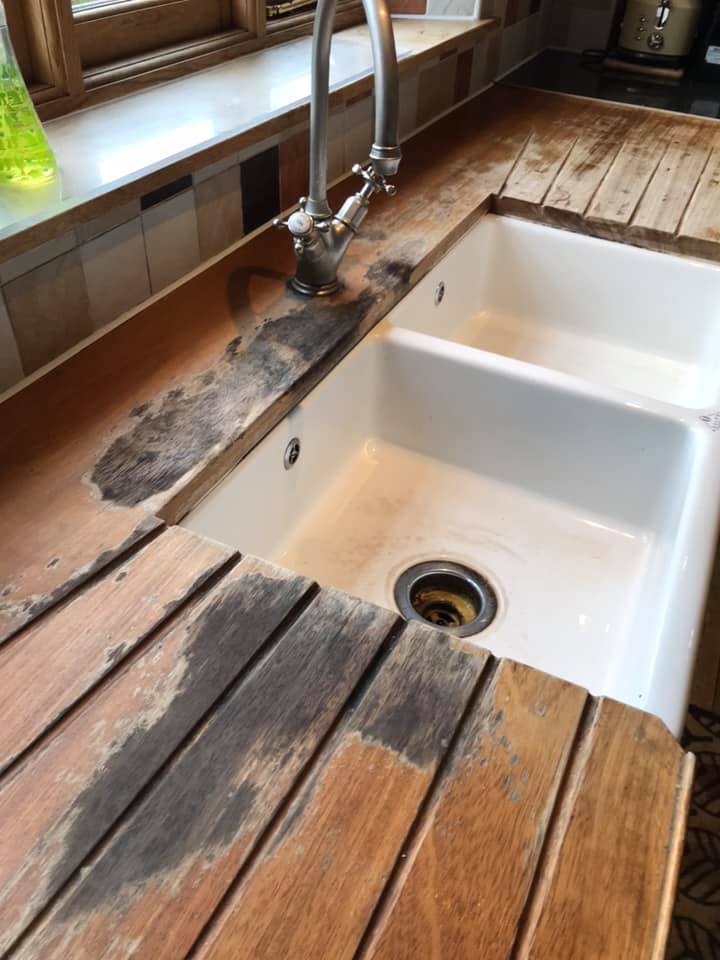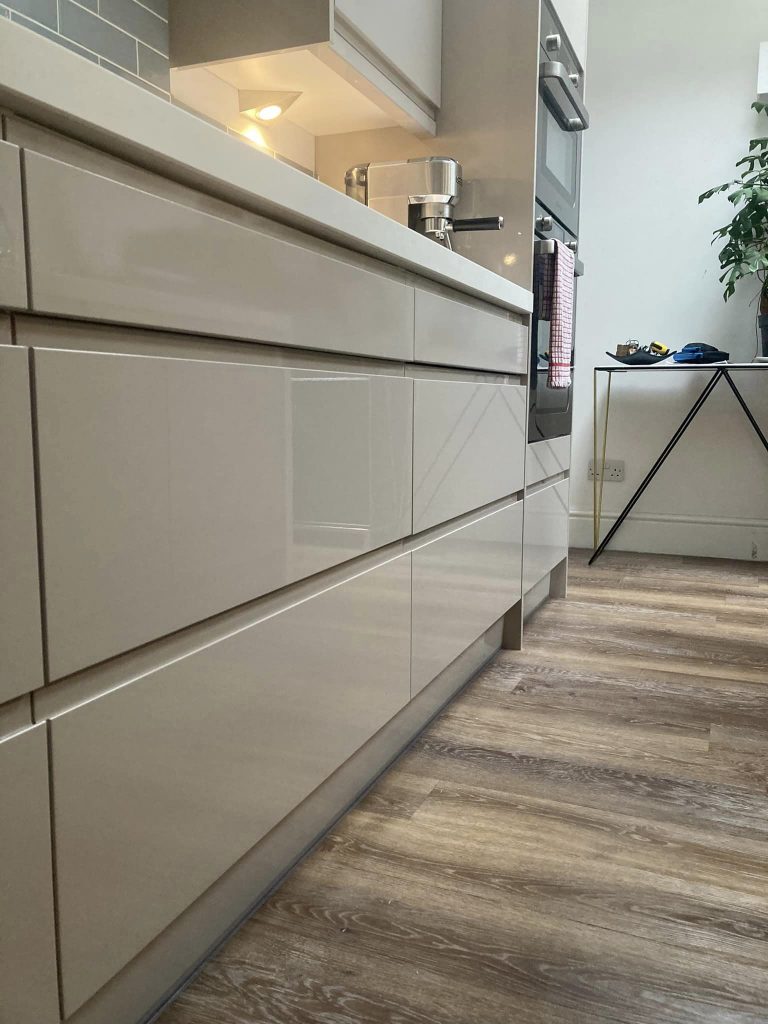Key Information
- Project: The Standard Hotel, London
- Client: McLaren Construction
- Estimated overall build cost: £20m
- Length of project: Three months
- Number of finishers on the job: Two on average per week
- Sector: Construction
Summary
Contractors McLaren Construction completed the large-scale refurbishment on the 184,000 sq. ft building in August. The £20millon development required two finishers to be on the job at any given time from May to completion.
The unique architecture of the building provided quite the challenge for the finishers, as the windows were similar to those found on a plane. The plastic surrounding the windows was quite brittle and was easily damaged during the refurbishment, so a lot of time and effort on the job was spent repairing them.
Additionally, the building’s furniture was fixed in place, built-in against the walls and incorporated into the fabric of the room. Due to the furniture being built in situ and not able to be moved unless taken apart, damage was caused from the volume of people working on the project moving items in and out the rooms.
The client understood it would cost a significant amount to replace the furniture, so looked to the Plastic Surgeon specialists to utilise their skills in repairing the array of commonplace chips and cracks.
Results
While the project was a deemed a smooth success initially, the main challenge came during the latter stages of the development when personnel were continuously entering the rooms where the finishers were working. Obviously, with the nature of the restoration works required, this created a significant health and safety issue.
With the finishers applying specialist paints by spray, the team wear protective masks to avoid inhaling any potential airborne chemicals. Ideally, the best solution would be to close off access to areas where the finishers need to work, but regularly being situated on the corridors that offer the main access points to each particular floor, that wasn’t possible.
To work their way around the problem, the team had to work over some weekends when it was much quieter. They also did a fair amount of late night and early morning shifts too, to stay on track in completing the work ahead of the August deadline.
What did the client think?
The client was very happy with the work carried out, having been completed on time and to an efficient level. Importantly operating around the others trades on site, all working together to bring the project in on agreed timescales.


